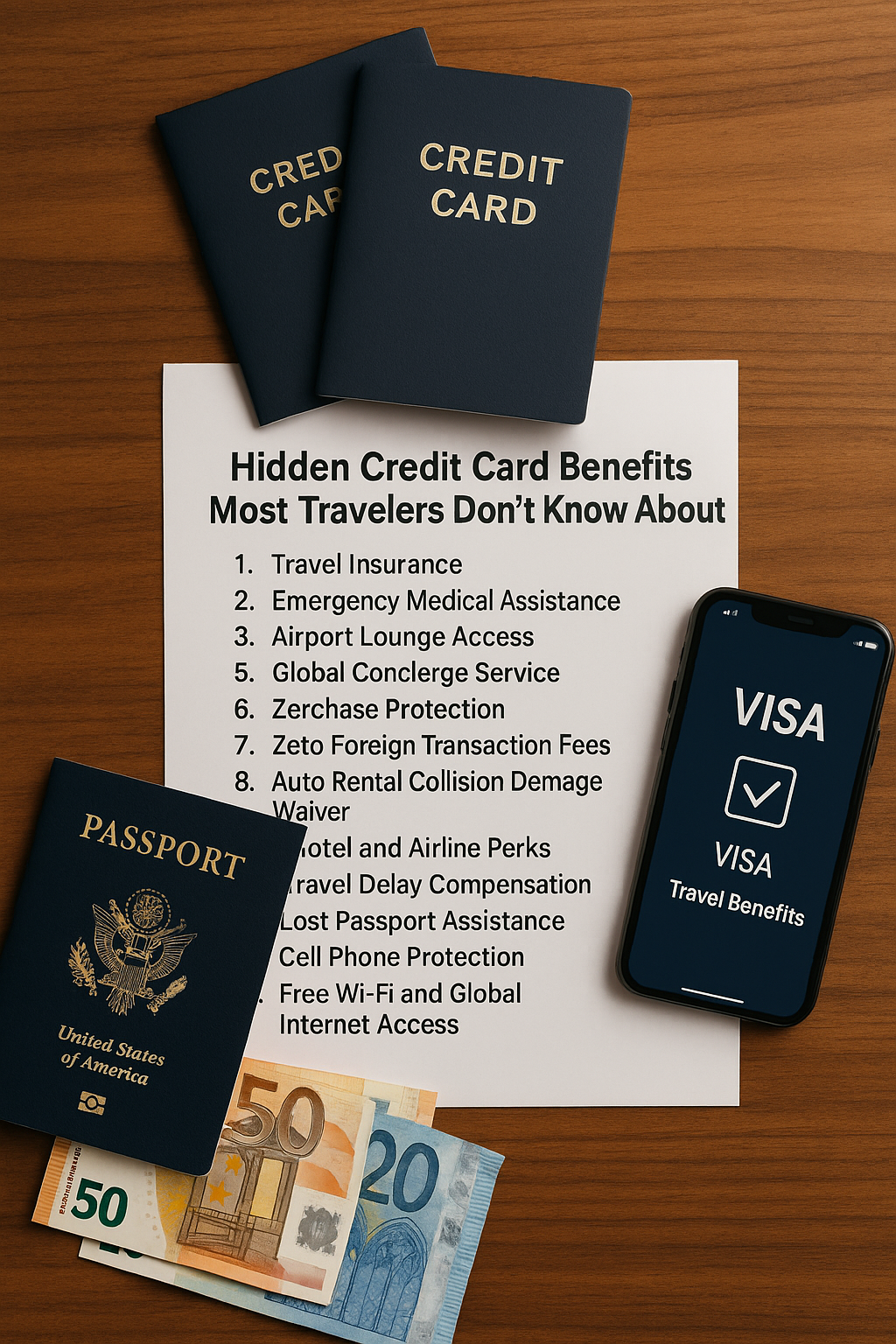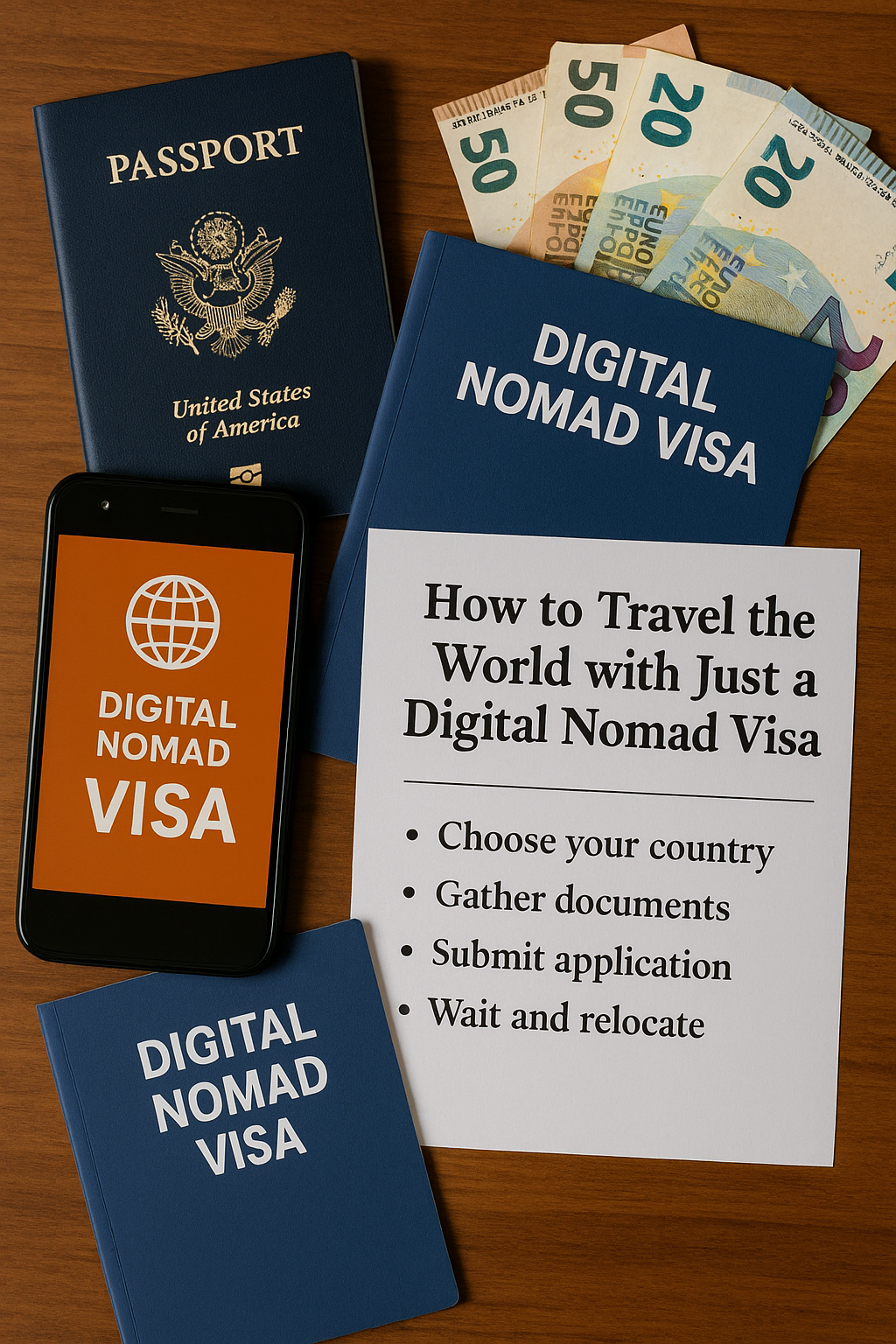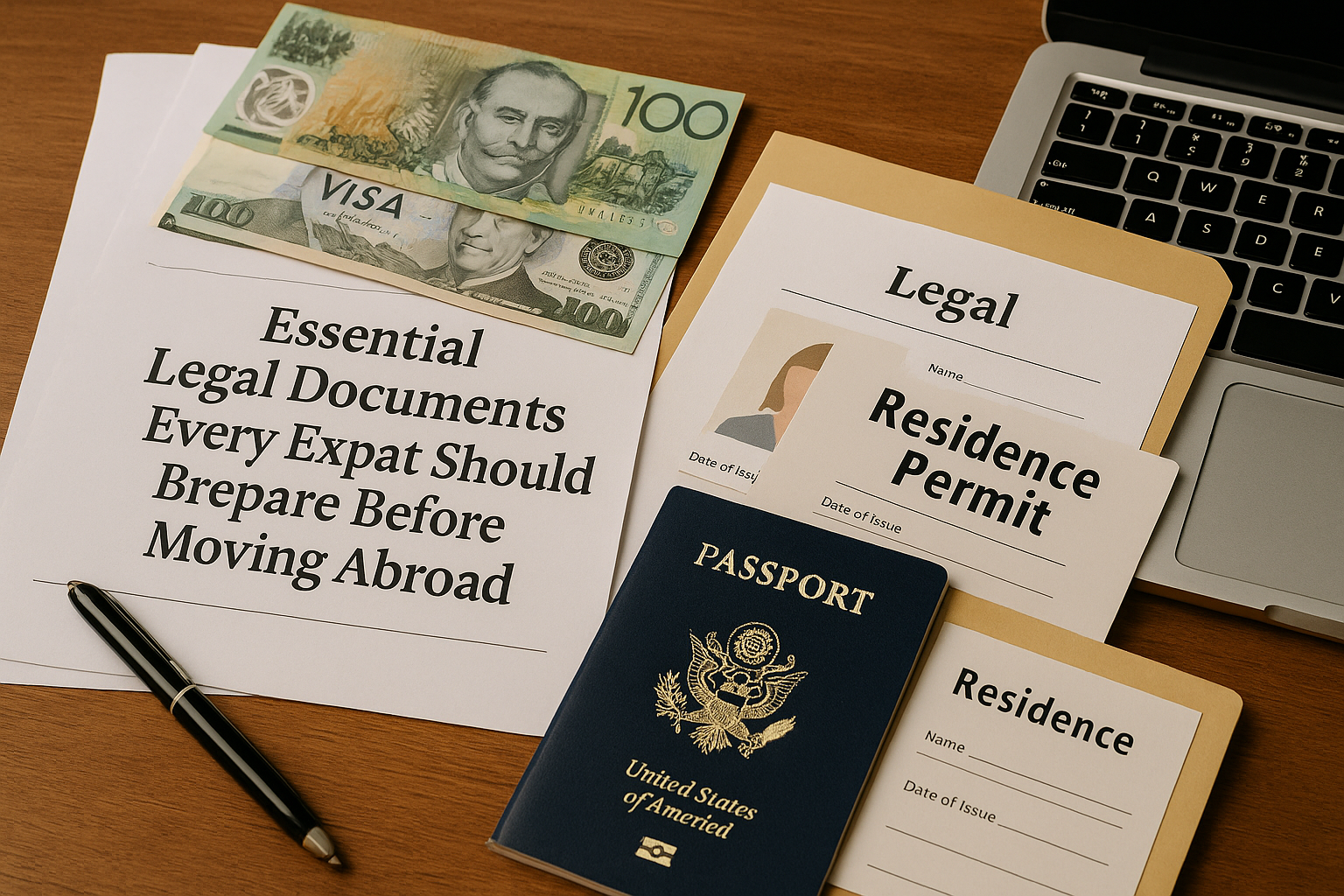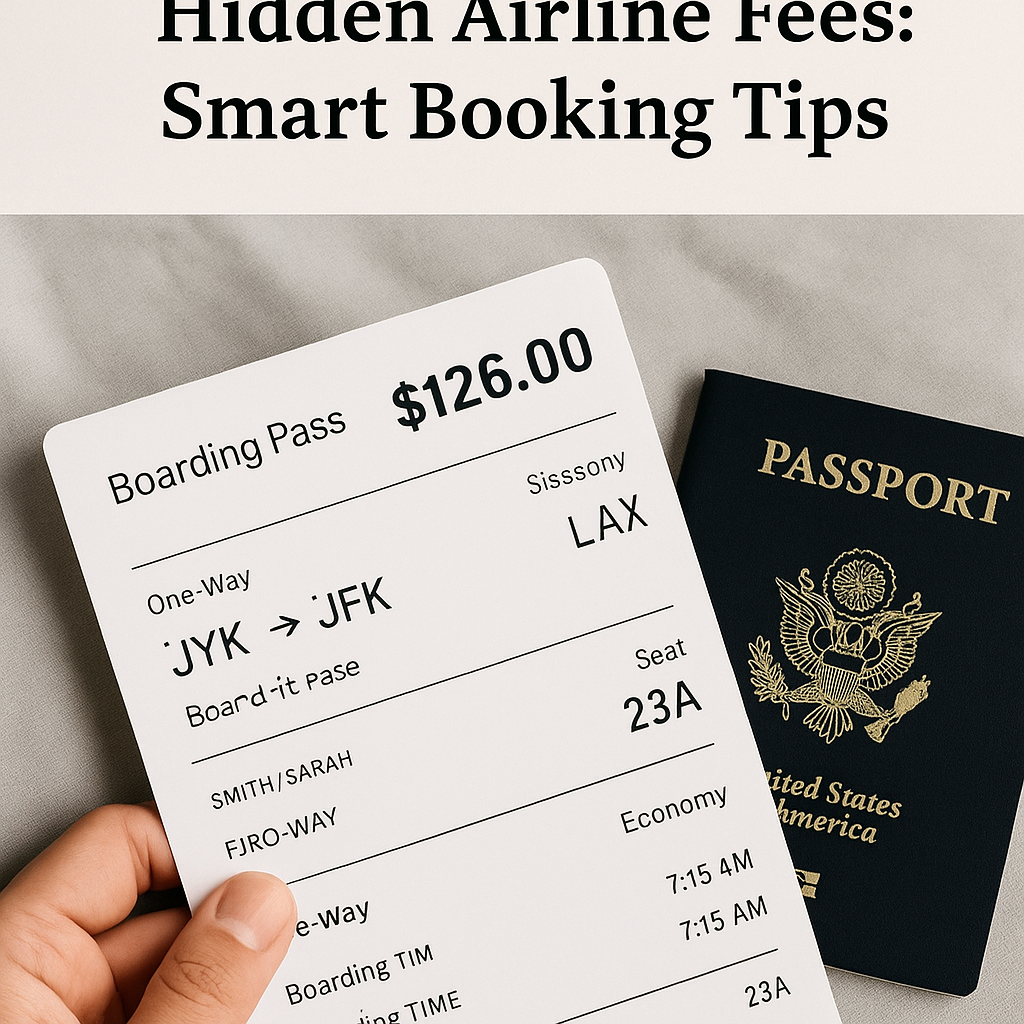Introduction: Your Credit Card Is More Powerful Than You Think
When most people think about travel credit cards, they imagine cashback, air miles, or lounge access. But in 2025, the real power of your credit card lies in the hidden perks—benefits that go far beyond free flights or hotel upgrades.
From trip interruption insurance to concierge services, your card could be saving you hundreds—or even thousands—without you realizing it. This guide reveals the most underrated and underused credit card benefits for international travelers.
1. Travel Insurance Coverage (You May Already Have It)
Many premium credit cards include built-in travel insurance—but most cardholders never read the fine print. Depending on your issuer and card level, you may already have:
- Trip cancellation/interruption insurance
- Lost luggage reimbursement
- Emergency medical coverage abroad
- Travel accident insurance
Tip: You usually have to book the trip using the card to activate coverage.
2. Emergency Medical Assistance While Abroad
Some cards offer access to 24/7 global emergency medical services, including:
- Medical referrals
- Emergency evacuation
- Translation services in hospitals
- Assistance with medication replacement
This feature is especially common on Visa Signature, Mastercard World Elite, and American Express Platinum.
3. Airport Lounge Access (Even on Economy Tickets)
Lounge access is often linked to business-class tickets, but credit cards like:
- Priority Pass membership cards
- Chase Sapphire Reserve
- Amex Platinum
- Capital One Venture X
…offer free entry to 1,000+ lounges worldwide regardless of your flight class. You can enjoy food, Wi-Fi, showers, and rest between flights—sometimes even at budget terminals.
4. Global Concierge Service
Did you know your card might act like a personal assistant?
High-tier cards offer concierge services that can:
- Book dinner reservations in foreign cities
- Secure last-minute event tickets
- Arrange transportation or personal guides
- Find emergency interpreters
It’s like having a VIP travel planner—free with your card.
5. Purchase Protection & Extended Warranty
When buying electronics or travel gear abroad, some cards:
- Cover theft, damage, or loss within 90–120 days
- Automatically extend manufacturer warranties
- Provide quick reimbursements with receipt submission
This applies to purchases made online or overseas, making it a great backup for frequent travelers.
6. Zero Foreign Transaction Fees
Obvious but essential—never travel with a card that charges foreign transaction fees (often 2–3%). The best travel cards waive these completely.
Cards with 0% foreign transaction fees include:
- Capital One cards
- Chase Sapphire cards
- Amex Platinum
- Wise debit cards (for multicurrency support)
7. Auto Rental Collision Damage Waiver (CDW)
Renting a car abroad? Some cards include collision coverage automatically, meaning you can skip the expensive rental company insurance.
Make sure your card:
- Covers international rentals
- Is primary coverage, not secondary
- Doesn’t exclude luxury or exotic cars
Always pay with the card and decline the rental agency’s CDW.
8. Hotel and Airline Perks Without Loyalty Status
Your card may unlock elite perks without being a loyalty member, such as:
- Free room upgrades
- Early check-in / late checkout
- Free breakfast
- Bonus airline miles
- Preferred boarding
Programs like Visa Infinite Luxury Hotel Collection and Amex Fine Hotels & Resorts offer 5-star perks—just for booking with your card.
9. Travel Delay and Baggage Delay Compensation
Get delayed at the airport or lose your bag? Some cards will reimburse expenses like meals, hotel stays, or clothing purchases.
Typical payouts:
- $100–500 per incident
- Coverage begins after delays of 4–12 hours
- Requires receipts and proof of delay
This benefit can turn a stressful situation into a compensated inconvenience.
10. Lost Passport or Emergency Cash Assistance
Certain cards include global support services in case of:
- Passport loss or theft
- Need for emergency funds
- Translation or embassy help
Amex and Visa often provide toll-free access to emergency travel desks in most countries.
11. Cell Phone Protection
Did you know you might already have phone insurance?
Some cards cover:
- Damage or theft of your smartphone
- Monthly coverage if you pay your phone bill with the card
- Reimbursement after a deductible (usually $50–$100)
Perfect for travelers worried about their phone abroad.
12. Free Wi-Fi and Global Internet Access
Select premium cards include free access to Boingo or iPass networks, giving you secure Wi-Fi in airports, hotels, and even airplanes.
Especially helpful for digital nomads and remote workers.
What You Should Do Right Now
- Review your current card’s benefit guide
- Call the issuer and confirm coverage details
- Activate travel-related features online
- Use the card to book flights, hotels, and tours
Most benefits only apply if the card was used for the transaction.
Final Thoughts
Your credit card is more than a payment tool—it’s a global protection and reward system hiding in plain sight.
By understanding and using these lesser-known perks, you can save money, avoid stress, and travel smarter than 95% of people. Whether you’re backpacking across Europe or flying first class to Dubai, the right card can make your trip safer, smoother, and even luxurious.
The benefits are there. You just need to unlock them.



